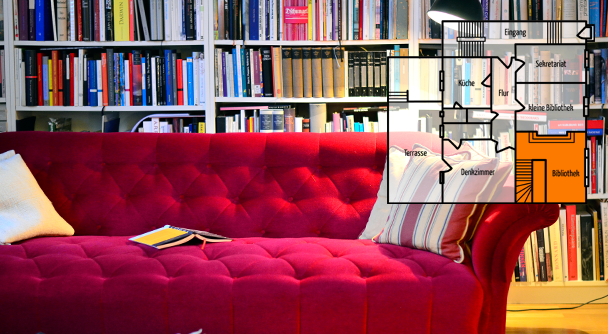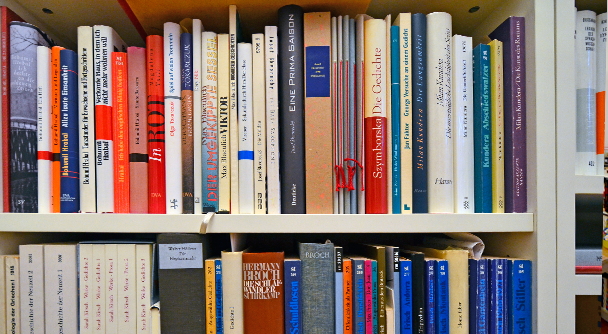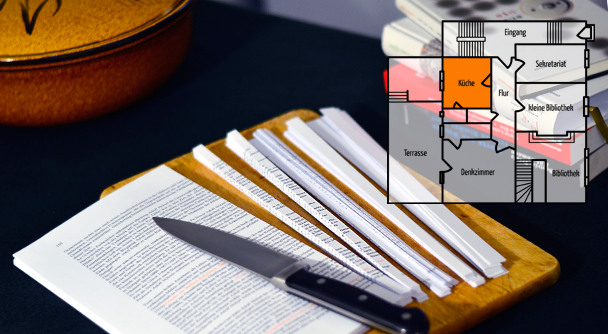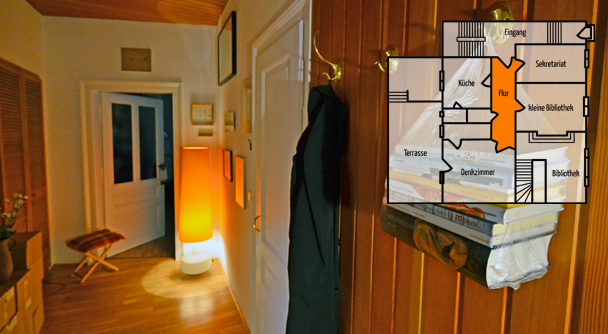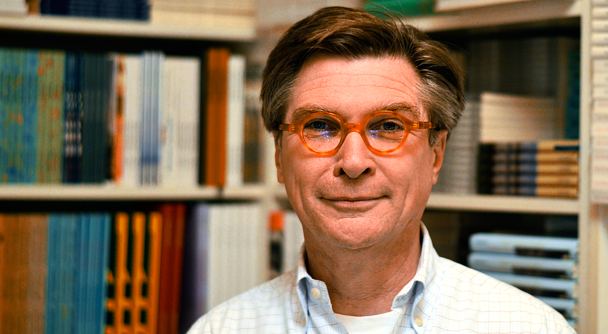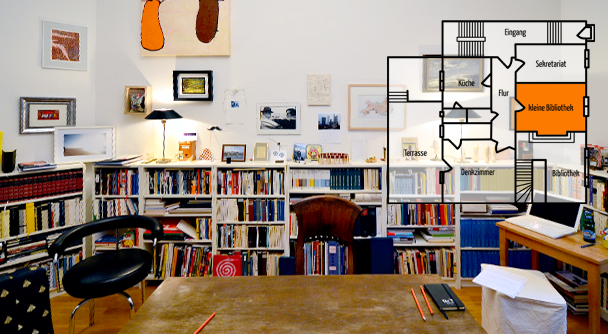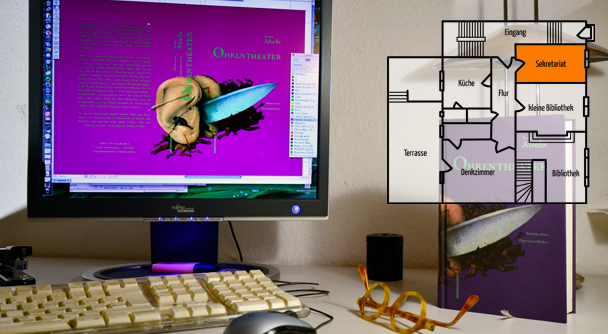Jan Lauwereyns
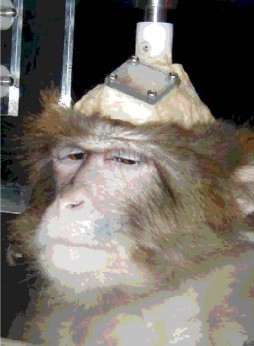
The neuroscientist and poet Jan Lauwereyns has worked at various universities and research institutes in Belgium, Japan, New Zealand, and the U.S.A. Currently, he is Professor in the Graduate School of Systems Life Sciences at Kyushu University, Japan. His scientific publications focus on the neural mechanisms for decision-making and attention.
In 2006 - Jan's list of scientific publications wasn't that long then - some of his scientific »colleagues« forced him to get the freshly released book »Monkey Business« from the Netherlands book market, as they thought it would show a too direct picture of how some researchers handle animals in their labs - however, this would be impossible now...
Jan Lauwereyns is also an accomplished multilingual poet, occasionally working in collaboration with Japanese, Dutch, Russian, American and German poets, such as Michael Palmer and Ulrike Draesner.
Jan Lauwereyns’s writings offer »a remarkable amalgam of science and poetry, one that ultimately serves the interest not only of truth but of beauty and goodness as well.« American Journal of Psychology
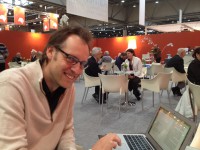
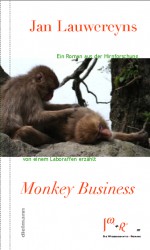
Monkey Business
A Macaque from a science lab tells his story
- Hardcover
- 176 pages
- English version in preparation -
- ask for foreign rights!
978-3-86638-208-4
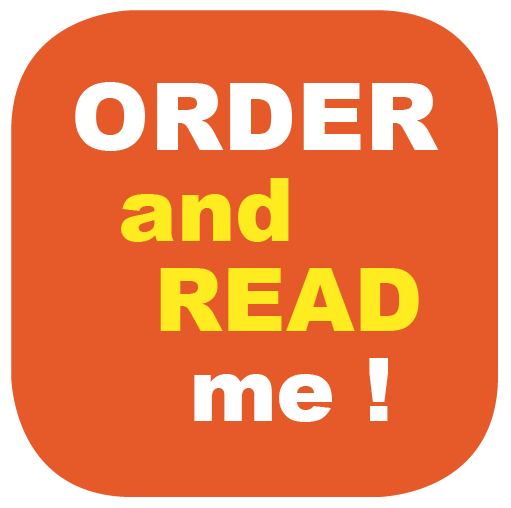
The novel spans the last eight hours in the life of Haruki, a Japanese macaque who »lives« in a neurophysiology laboratory. The story is told from the perspective of Haruki himself, as he reflects on virtually every aspect of being an experimental animal, while awaiting »his last major experiment« – being put down.
»Monkey Business« is a kind of »Consciousness Novel«: It explores the active boundaries of human empathy. A »thought experiment« that could only be done in the form of a literary work – thus, getting to the bottom of the possibilities of literature as well as its limitations.
The novel puts the spotlight on a deep and problematic paradox in science and ethics:
We use monkeys because they are LIKE us (from a scientific perspective, it is often assumed that their brains and cognitive processes are similar to ours) – and at the same time we use monkeys because they are NOT like us (from an ethical perspective, it is often assumed that our laws do not apply to monkeys because they are different from us, so we can do things with them that we wouldn’t do to humans).
On YOUTUBE lab monkey Haruki tells about implantation of of the electrodes into his brain.
The novel raises questions, but doesn’t give answers. Can we empathize with the fate of a monkey? Does it require the suspension of disbelief, or is Haruki telling the truth? Rather than simply a political pamphlet, the book represents an intrinsically literary work. Its nearest neighbors or literary precedents are books and stories such as Natsume Soseki’s I Am a Cat, George Orwell’s Animal Farm, and Franz Kafka’s Ein Bericht für eine Akademie ...
Stay curious! – And also be curious about the animal welfare organizations that support the novel and with whom we represent the ethical claims against animal testing:
ANIMAL EQUALITY is an international, non-profit animal rights organization that wants to create awareness of the suffering of animals in our society by research and campaigns: www.animalequality.de.
ÄRZTE GEGEN TIERVERSUCHE (engl. DOCTORS AGAINST ANIMAL EXPERIMENTS) e.V. was founded in 1979 and is a nationwide association of physicians, veterinarians and scientists who reject animal experiments for ethical and scientific reasons. The association is committed to a modern, humane medicine and science without animal experiments, that focus on people and on cause studies and diseas prevention, as well as on the use of non-animal research methods: www.aerzte-gegen-tierversuche.de.
The German edition of the novel is published in our series Die Wissenschafts-Romane (The Science Novels), translated from the Dutch by Helga van Beuningen (translator of Cees Noteboom, Margriet de Moor, Marcel Möhring and others).
The English translation is written John Irons, in close cooperation with the author. John Irons, born 1942, studied French, German and Dutch at Cambridge University before specialising in Dutch poetry for his Ph.D. He also holds a Scandinavian degree in English and German. He moved to Scandinavia in 1968 and now lives in Odense, Denmark. He has been active as a translator for over 25 years, specialising mostly in translations of poetry and in works to do with art, culture, philosophy and education. He translates from Danish, Swedish, Norwegian, Dutch, German and French into English. A full CV and list of translations can be downloaded from his blogspot at
axel dielmann – verlag Frankfurt am Main holds the world rights of the novel. Foreign Rights are available.






